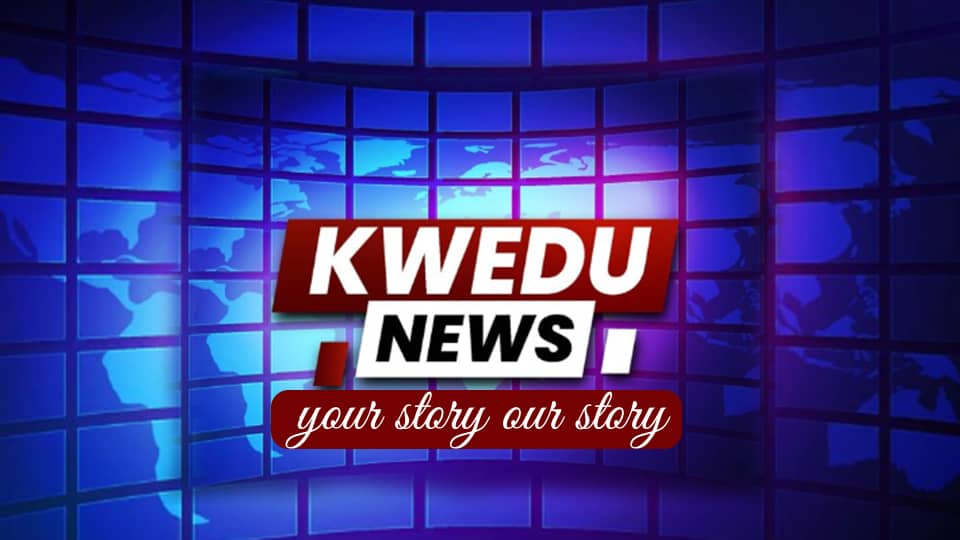By Kwedu News
The African Union (AU) and Common Market for Eastern and Southern Africa (COMESA) short-term election observation mission led by former Nigerian President, His Excellency Goodluck Jonathan, in its preliminary statement on the August 23 harmonised election on Friday (25/08/2023), poked holes in the general manner in which some areas conducted the election and the environment in the build up to the plebiscite.
Though diplomatically written, and stating that the elections were generally peacefully and transparently, the mission pointed out several concerns within its statement which it says they noted, including ‘logistical challenges’ during the election.
“The AU-COMESA EOM observed that the 2023 harmonised elections were conducted, up to the counting process, in a generally peaceful and transparent manner despite logistical challenges with the availability and distribution of local authority ballot papers in some areas,” reads the statement.
The mission says it noted concerns raised by stakeholders on the pending enactment of the controversial Private Voluntary Organisations (PVO) and the enactment of the Patriotic Act, which has caused tensions in the country.
“The Elections are coming at a time of renewed interest on Zimbabwe with a number of foreign organisations and countries making efforts to re-engage the country.
“The context is also characterised by socio-political tensions around the enactment of the Criminal Law Codification and Reform Amendment Act (Patriotic Act), and the Private Voluntary Organisations Amendment Bill which is awaiting presidential assent.
The mission says it noted concerns over the recruitment of military personnel and civil servants, and the general methodology used, to be election officials.
“Polling officials were drawn from the secretariat and seconded civil servants.
“Concerns were raised that some officials were seconded from the army and hence the impartiality of the polling officials was questioned,” reads part of the statement.
It also expressed concern on the misinformation by the Zimbabwe Electoral Commission (ZEC) on their readiness to conduct the election.
“On 21 August 2023, ZEC reported that 98% of all preparation were done and election materials had already been delivered to the polling areas. However, on election day, the Mission observed late opening of some polling stations.
“The delay was attributed to late delivery of ballot papers for the local authority elections,” the the observer mission said.
There was poor communication to stakeholders, the mission noted, which caused anxiety and speculations.
“The Mission further noted that there seemed to have been a gap in timely communication of the situation to relevant stakeholders especially political parties and candidates which led to speculations and anxiety amongst the political players,” they said.
Other key areas noted by the mission include the outcome of the delimitation exercise with allegations of inadequate consultation with stakeholders, inaccurate population figures, gerrymandering in some areas and limited civic education on the delimitation.
The Mission also says it has taken note that that “many potential eligible voters were left out due to lack of national registration cards, failure to open the review of the voters’ roll to political parties as a confidence building measure, limited time of only five days allocated to voters to check their registration status and the late release of the voters’ roll to political parties, candidates and other interested stakeholders.
High fees required to be paid for those wishing to obtain a copy of the voters’ roll, delays in civil society organisations’ accreditation for voter education were also mentioned.
Several other irregularities were raised by the commission, most similar to those raised by the Southern African Development Community observer mission.
Kwedu Classics
Your story our story

